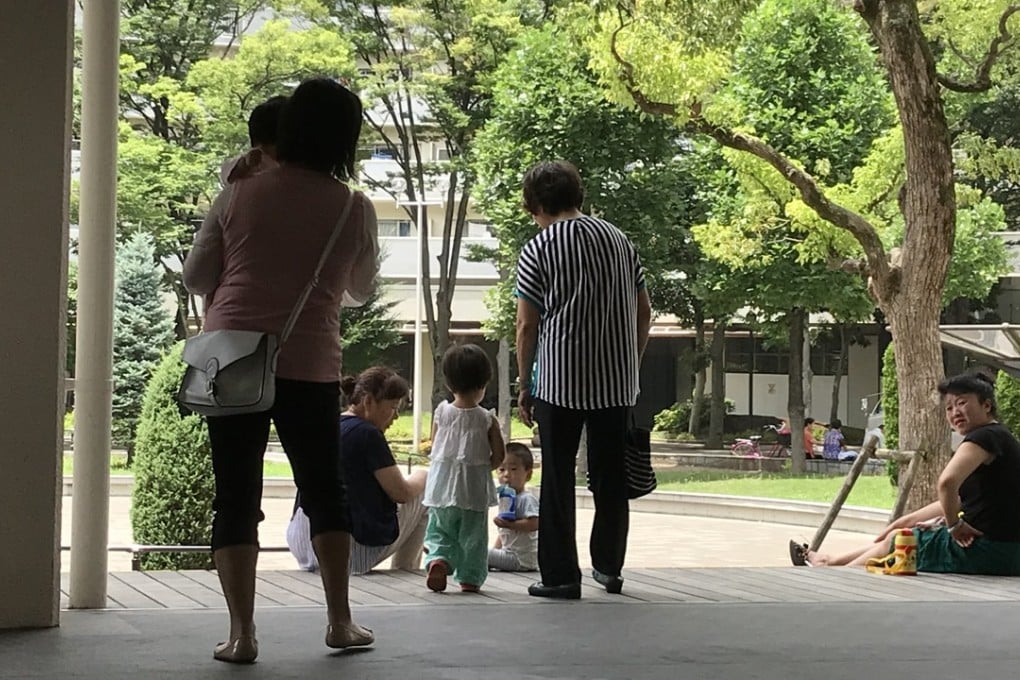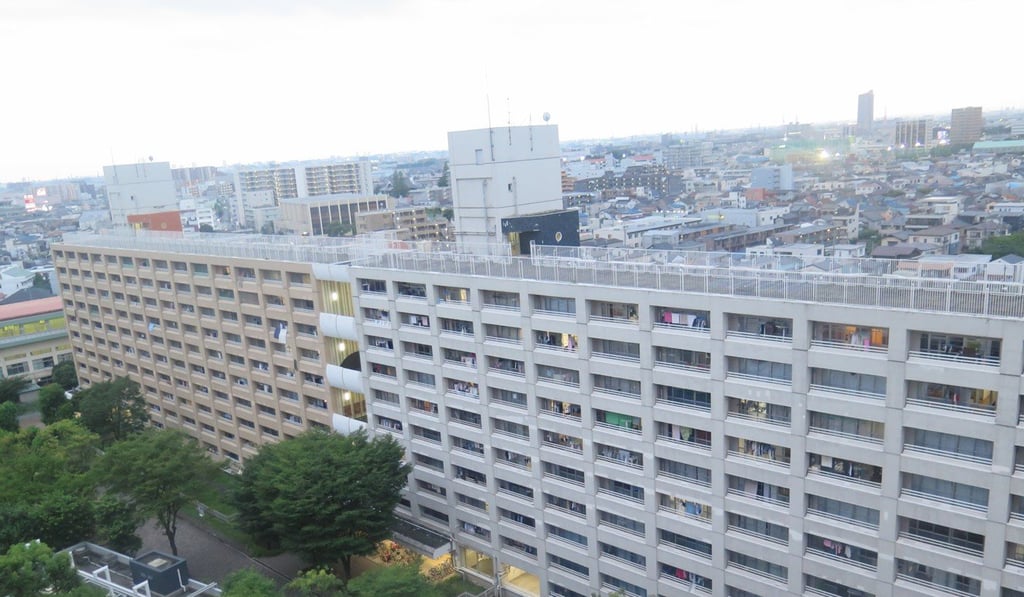Dumplings, tai chi and a hint of racism: a Chinatown takes root in suburban Tokyo
Reactions to the sinicisation of an apartment complex reveal the complaints and complexities at the heart of Chinese immigration to Japan

There is a suburb with streets that reverberate with the Chinese language, and are saturated with restaurants serving authentic Chinese cuisine. But it might not be where you expect – this is the city of Kawaguchi, in the northern Greater Tokyo area.
At its heart is the Shibazono Danchi semi-public apartment complex, which is home to roughly 4,500 residents, more than half of whom are Chinese. It is regarded as the highest concentration of Chinese residents in all of Japan. Walking through the complex, almost everyone you encounter is Chinese, and precautionary notes in the language jostle for your attention. One reads: “Please don’t drink alcohol or shout near here. Urinating outdoors is prohibited.”

Jiang Qiguan has lived here since 2013, renting an old yet spacious flat for 80,000 yen (HK$5,640) a month. He was only asked to submit a few official documents before moving in, a much less complex process than other flats that require a guarantor and high surcharges. This convenience is the main reason Shibazono Danchi attracts so many first-generation Chinese immigrants. Typically, residents here are well educated, work in the information technology industry, and are twenty- or thirty-somethings with families.
China’s love-hate relationship with Japan is love again. Ahem
It is an ideal community for the 36-year-old systems engineer. Jiang speaks only elementary-level Japanese, so when he embarked on a lonely life away from his home province of Shangdong, he found it “heart-warming” to live somewhere cocooned in the sounds of his mother tongue. Frozen dumplings and his favourite doubanjiang (chilli-bean paste), available at a Chinese supermarket downstairs, provide a taste of his far-away home.
